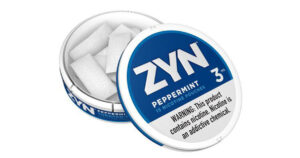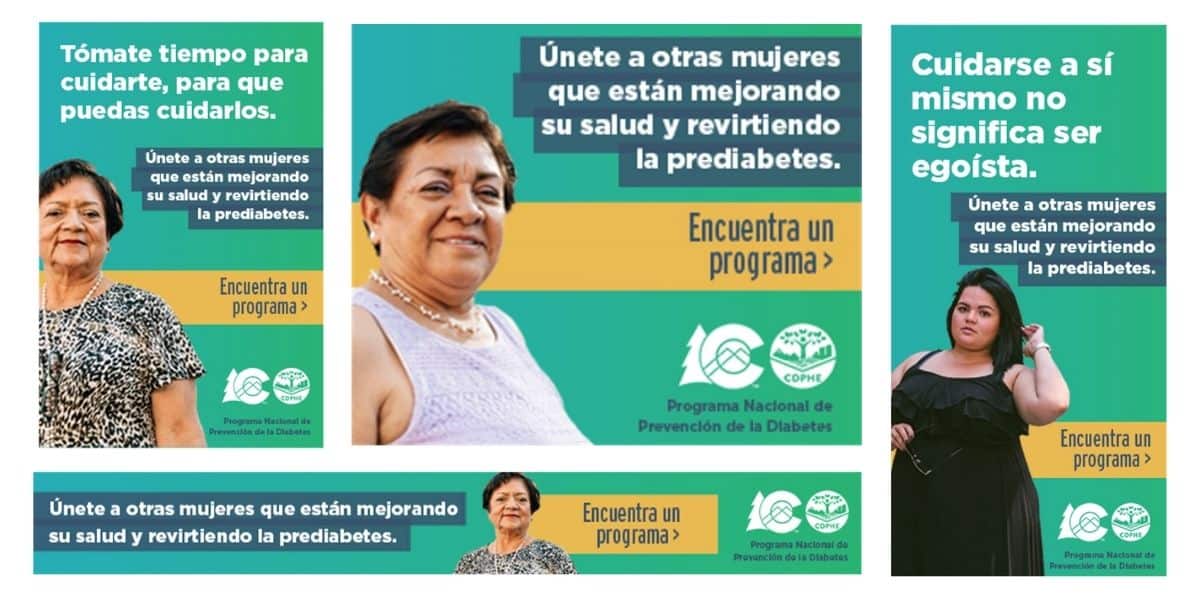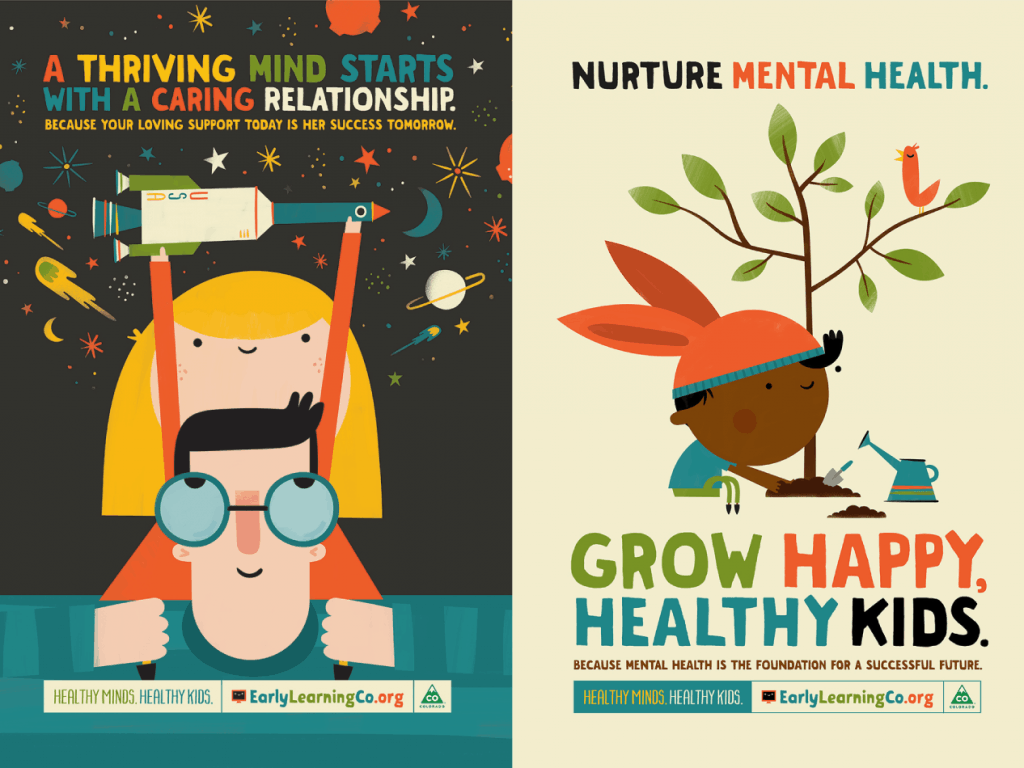When I started consulting in tobacco prevention nearly three decades ago, some of the anti-tobacco pioneers I came across seemed almost paranoid to me. It was like they saw Big Tobacco conspiracies everywhere they turned.
Well, as the saying goes, you’re not paranoid if they’re really out to get you.
Over time I learned that the tobacco industry’s dirty tricks are stranger than fiction, and much more deadly.
Here’s the simple truth: Big Tobacco’s superpower is that its customers are physically addicted to its products. It’s the best customer retention strategy ever.
This strategy had just one flaw: Cigarettes kill about half of lifelong smokers. So, the customers were hooked, but they then died, an inconvenient fact for the industry.
That’s why the industry lured kids to pick up smoking. They were, as one industry memo stated, “replacement smokers.” The marketing formula: Teen-focused ads, discounts for cost-sensitive teens, and fruity and menthol (i.e., minty) flavors that masked tobacco’s harshness for young smokers.
Technological advances allowed Big Tobacco to move beyond cigarettes to flavored vape and now oral nicotine products (ONPs) — and attempt to launder its dirty past.
If you aren’t familiar with ONPs, look at the signs and the displays at your local convenience store. They are discreet, cheap, and ultra-potent. A winning formula for addicting kids.
Some claim ONPs like Zyn from Philip Morris International U.S., which now has a factory in Adams County, Colorado, offer “harm reduction” for smokers, providing nicotine without the risks from burning tobacco. (It also was the pitch of Juul Labs, before that lie was exposed.)
 But this pitch ignores the harms of nicotine itself. Nicotine is a naturally occurring insecticide because it’s poison. The health risks to humans are well documented, beyond addiction.
But this pitch ignores the harms of nicotine itself. Nicotine is a naturally occurring insecticide because it’s poison. The health risks to humans are well documented, beyond addiction.
Yet the latest tobacco industry trick is to reframe nicotine as “misunderstood,” even claiming alleged cognitive benefits.
After three decades of work in this sector, I am no longer surprised.
The Big Tobacco playbook is to lie and deny.
Deny that nicotine is addictive (until that lie ran its course).
Deny that the industry markets to kids (despite the mounting volume of evidence to the contrary, including its own internal documents).
To readers, it may seem that I’ve become one of the advocates who I once discounted as almost paranoid. I encourage you to venture out on your own fact-finding journey. You may be amazed and dismayed by what you find.
You may want to start with this short piece on ONPs and tobacco industry claims.

About the Author:
Eric Anderson (he/him) began his career as a newspaper reporter in Washington, D.C., Hong Kong, and Denver before co-founding SE2 in 1998. He has helped guide marketing and communications campaigns on some of the era’s most pressing issues, from public health to education to the environment. He lives in Englewood, Colorado with his wife, Amber. Together they have four adult children, two dogs, and one cat.





